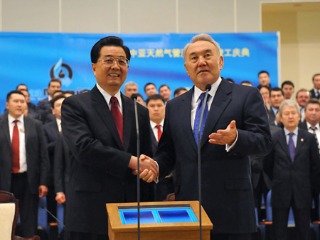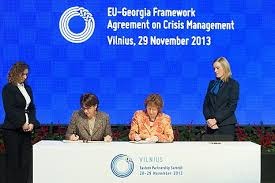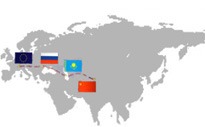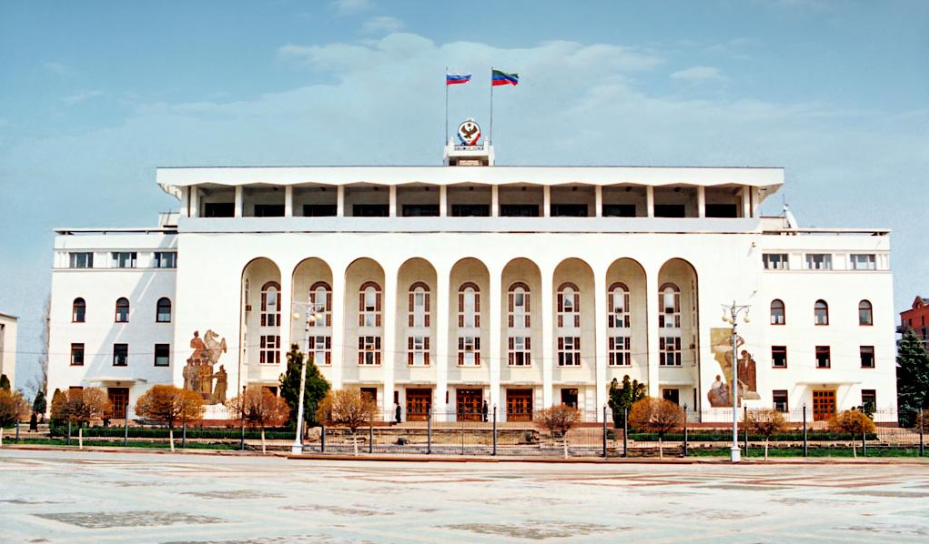Kazakhstan Drifts to China Amid Tension with Russia
By Dmitry Shlapentokh (the 08/01/2014 issue of the CACI Analyst)
Kazakhstan is a member of the Russian-sponsored Custom Union, and intends to join the Eurasian Union. Yet, Kazakhstan’s foreign policy indicates that it regards Russia as just one among several partners, with which it cooperates in some areas but also competes against in others. The transportation of oil and natural gas has increasingly become a bone of contention, whereas China has emerged as a viable alternative. China has provided Kazakhstan with alternative transportation routes such as railroads, along with considerable investment, providing alternatives to Russia as well as the West. Neither the Russian-led Eurasian Union, nor any Western economic or geopolitical construction, is likely to monopolize Astana's attention.

“CACI Analyst, December 11, 2013”
Reaching The Summit: Implications of Vilnius for Georgia
By Stephen Jones (the 11/12/2013 issue of the CACI Analyst)
The November 29 initialing of Association Agreements (AA) in Vilnius between the EU on the one hand, and Georgia and Moldova on the other, have been interpreted almost exclusively in geo-political terms. The reasons for this are at least twofold: Armenia’s and Ukraine's withdrawal from their initial commitment to sign under pressure from Russia, and Russia’s own intervention in the process. Russia, behaving like something between a regional hegemon and a Cold War remnant defending its sphere of influence, framed the Vilnius Summit as a stark choice between East and West.

Massive East-West Transit Corridor Nears Crucial Phase
By Richard Weitz (the 11/12/2013 issue of the CACI Analyst)
The Western Europe-Western China International Transit Corridor aims to improve the efficiency and safety of the main roads between China and Europe that pass through Kazakhstan. Despite the international focus on promoting rail traffic through Eurasia, it is also important to build better roads since Central Asian countries can more easily input their goods through them than through railways. The roads also promote short-distance trading within and among Central Asian countries. Otherwise, extra-regional actors will simply see and treat Central Asia as a transit zone for their transcontinental railways, which would not provide additional incentives to invest in Central Asian economies.

Dagestan's New Administrative Division Reflects Governance Crisis
By Valeriy Dzutsev (the 11/12/2013 issue of the CACI Analyst)
In a surprise move, Dagestan’s President Ramazan Abdulatipov has decreed to divide the republic into four sub-regions, each of which will have a plenipotentiary representative of the republican president. While Abdulatipov reassures the public that the move will strengthen Dagestan's unity, there is also a risk that it may worsen the conflict in the republic and increase demands for its actual division. The government’s decision to substitute substantive reforms in Dagestan with an administrative reshuffle is unlikely to resolve the conflict-prone republic's pressing problems.






 Book S. Frederick Starr and Svante E. Cornell,
Book S. Frederick Starr and Svante E. Cornell,